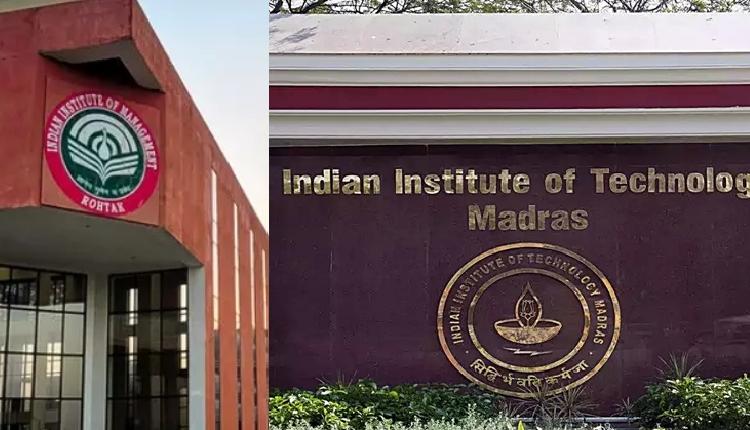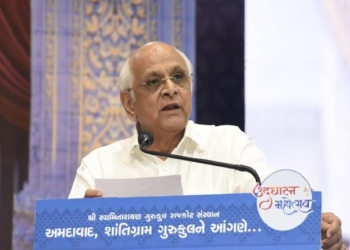New Delhi: Researchers from IIT-Madras and IIM-Rohtak have identified and recommended that policymakers adopt proactive sub-national labour strategies during disasters to secure lives and livelihoods at the state and national level.
These findings are based on an analysis of how various states across the country tackled challenges of unemployment and issues around working conditions when the country was struck by the Covid-19 pandemic.
Researchers from the two premier national institutes found that strategies that encompassed direct aid along with indirect measures secured livelihood and discouraged the labourers from risking their lives by joining the workplace of high interpersonal human contact during the pandemic.
The study, led by Sandeep Kumar Kujur from IIT-Madras and Diti Goswami from IIM-Rohtak, analysed the impacts of various state-level risk-reducing labour strategies on urban and rural employment rates in India during the Covid-19 pandemic.
The findings of their research were published in the reputed, peer-reviewed International Journal of Disaster Risk Reduction.
A significant contribution of this research was its focus on sub-national risk-reducing labour strategies. By assessing the effectiveness of state-level strategies during the critical period of March to June 2020, the study identified the best-performing states that can serve as models for others grappling with the economic fallout of the pandemic. This insight is invaluable for formulating comprehensive labour strategies at both state and national levels.
Highlighting the need for such studies, Kujur told IANS, “The Covid-19 pandemic prompted governments worldwide to implement various disaster risk-reducing labour strategies to protect the lives and livelihoods of their workforce. In India, where a substantial portion of the labour force operated in the informal sector, both the Central and state governments adopted diverse strategies to alleviate the vulnerability of labourers.”
For example, Uttar Pradesh provided food and shelter to migrant workers and transported them back to their native states. Odisha provided financial aid to street vendors and offered non-interest loans to farmers. These measures aimed to ensure worker safety and provide livelihood support during the crisis but also led to a reduction in employment.
Many states also implemented indirect risk-reducing strategies such as orders to prevent job terminations or wage reductions in Assam, rent waivers for start-ups and commercial establishments, and reductions in electricity charges in Haryana. The ‘Kerala Dialogue’, a global conversation on development in a world disrupted by the pandemic, in Kerala enabled community networks to understand diverse labourer needs.
Elaborating on the important findings, Goswami, said, “Our study found that these strategies indirectly supported workers during the crisis, resulting in reduced labour employment. Importantly, this mitigating effect on employment was observed across all Indian states.”
She added, “We recommend proactive initiatives of labour strategies at the sub-national level during disasters to secure lives and safeguard the livelihood of vulnerable workers in large developing countries. The adoption of clear-cut, comprehensive, direct and indirect risk-reducing labour strategies allows the government machinery and non-government market forces to effectively implement the strategies and secure the unsecured.”
The researchers used regression models and data on population demographics, Covid-19 induced risk-reducing labour strategies, economic activity, demography and educational status from various databases to study the effectiveness of these strategies and their impact on employment dynamics.
(IANS)















